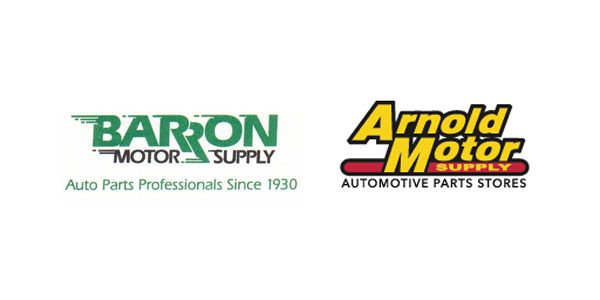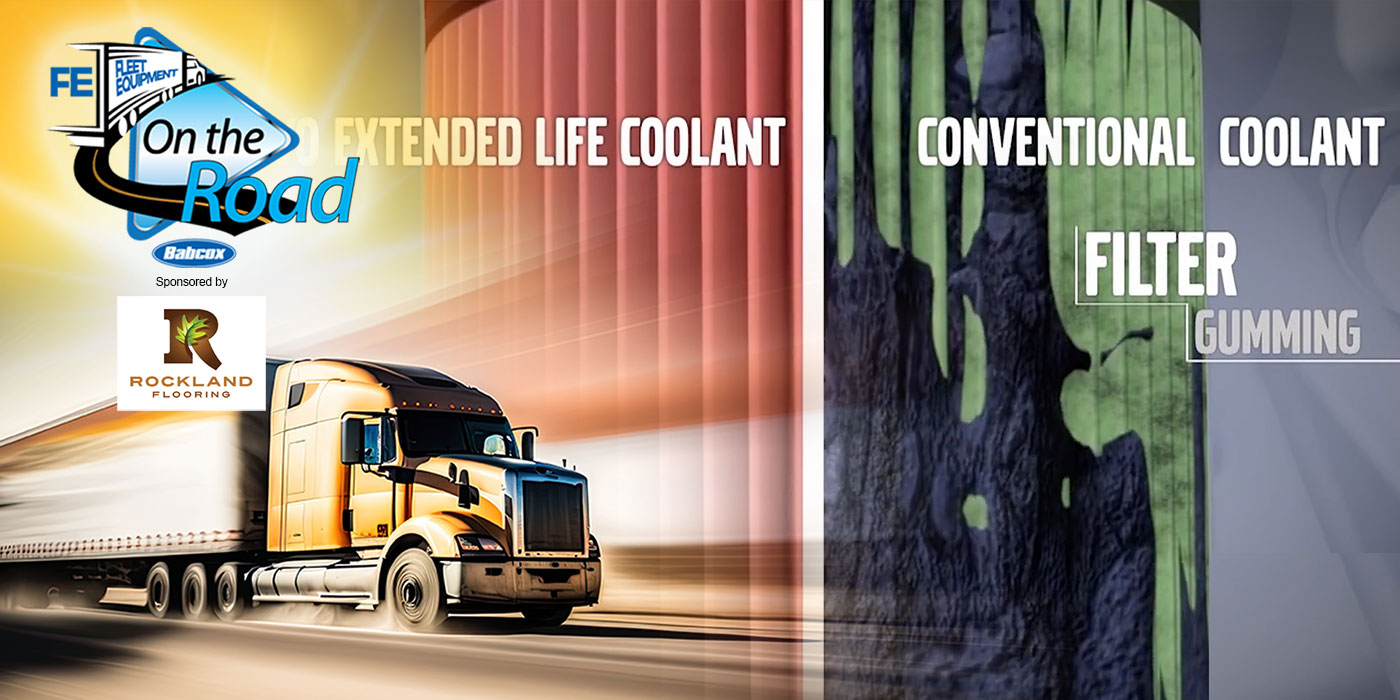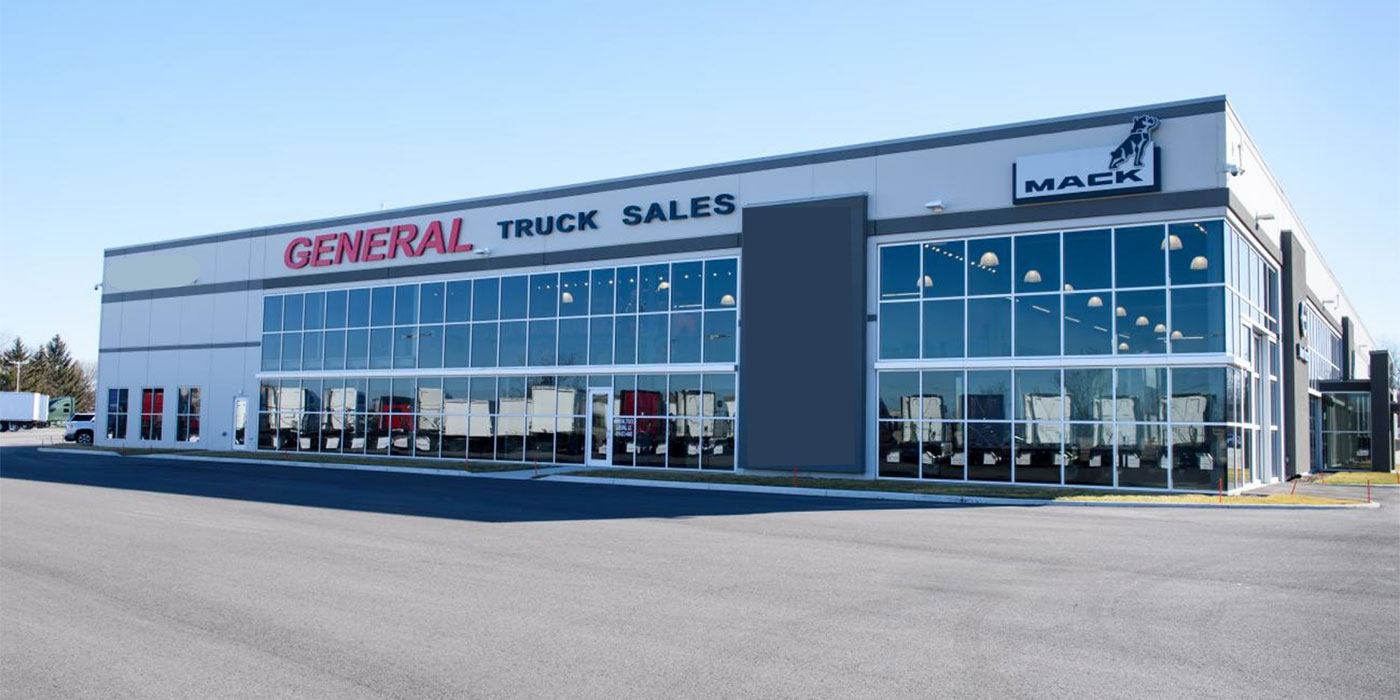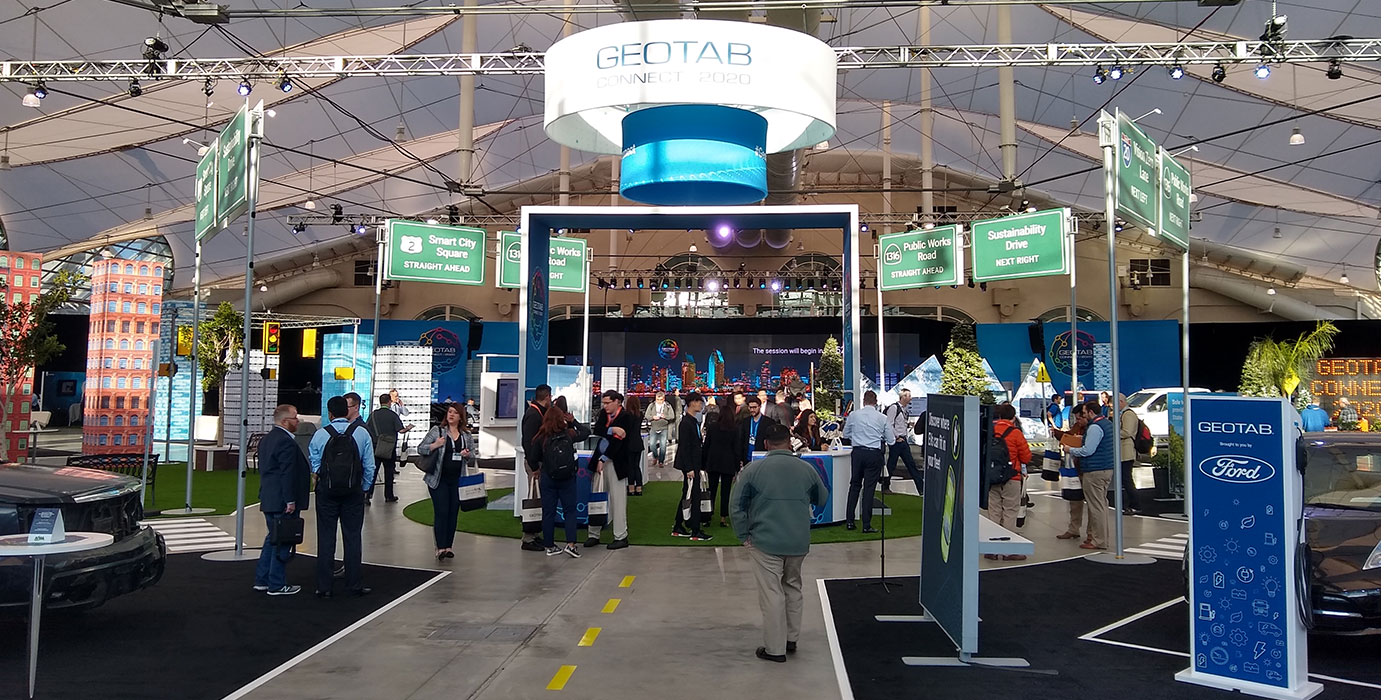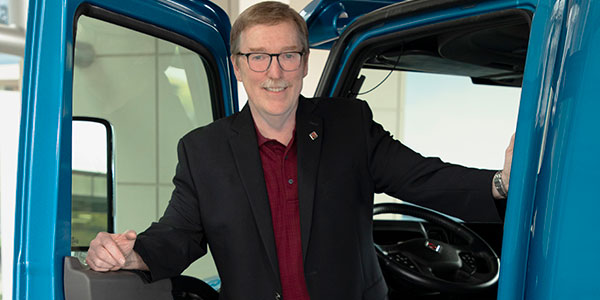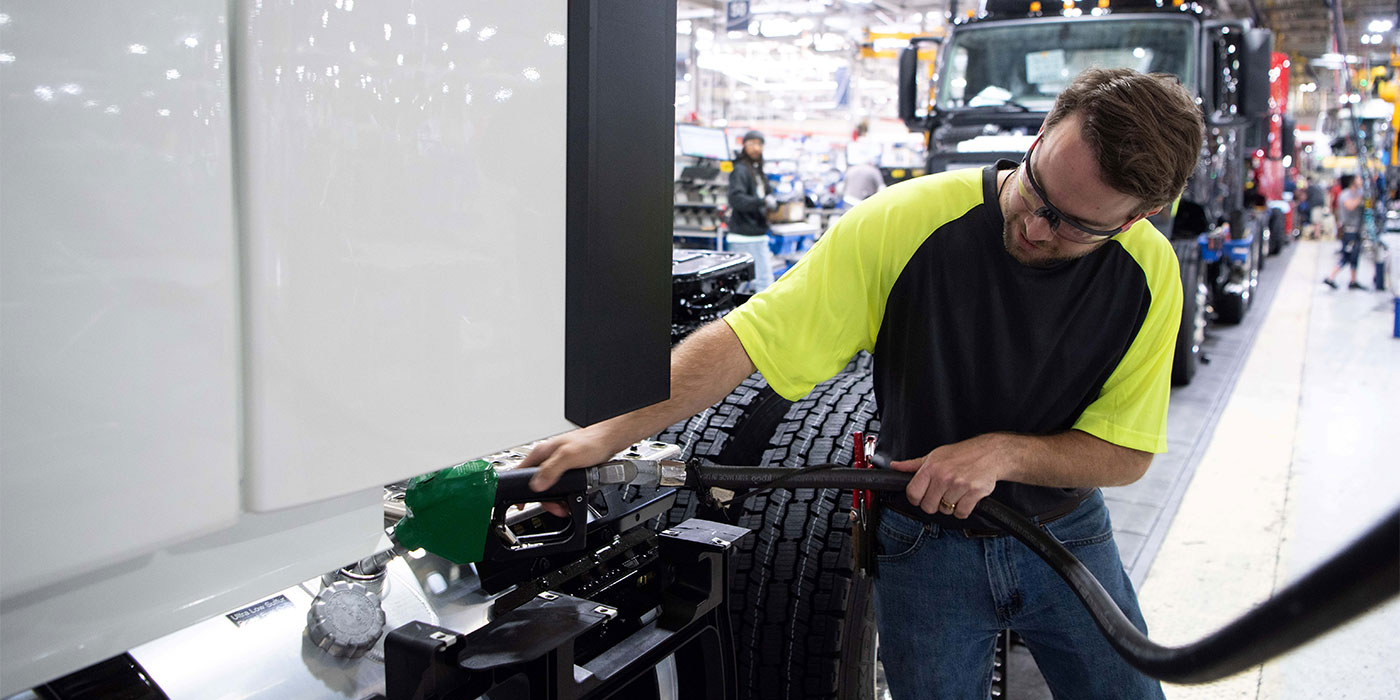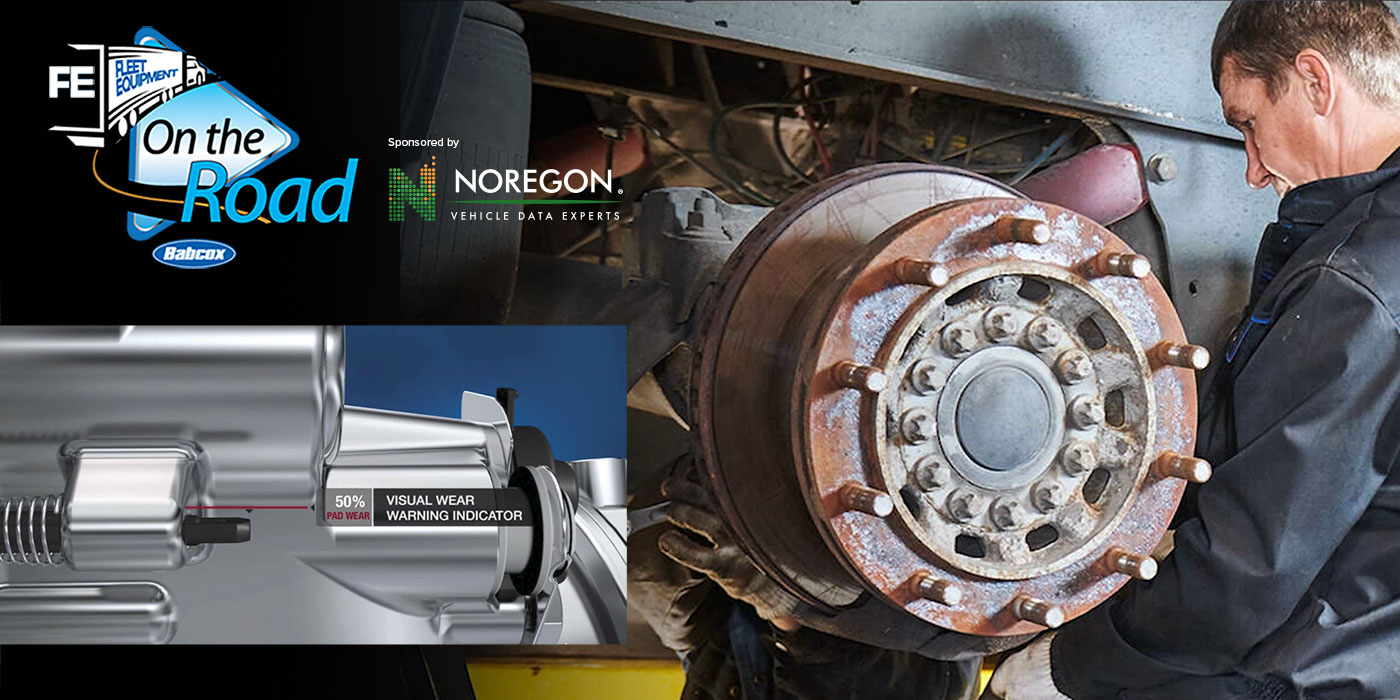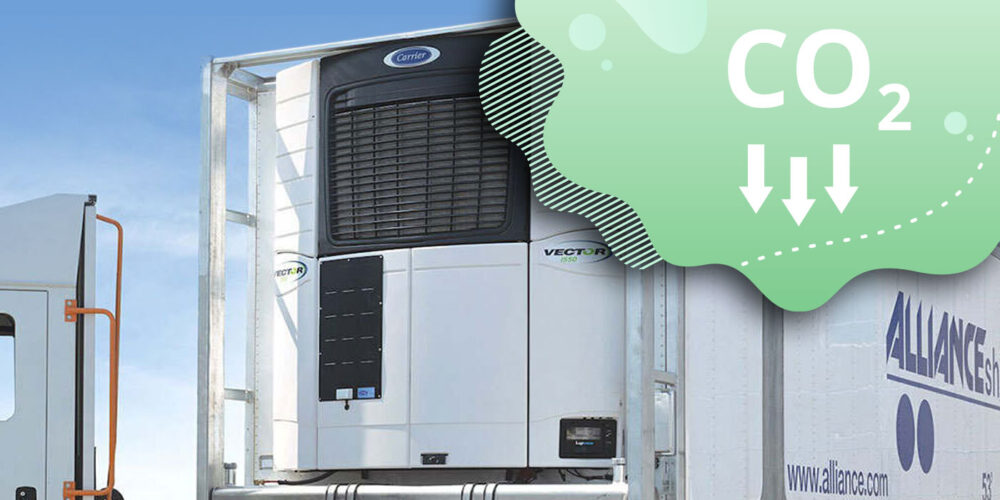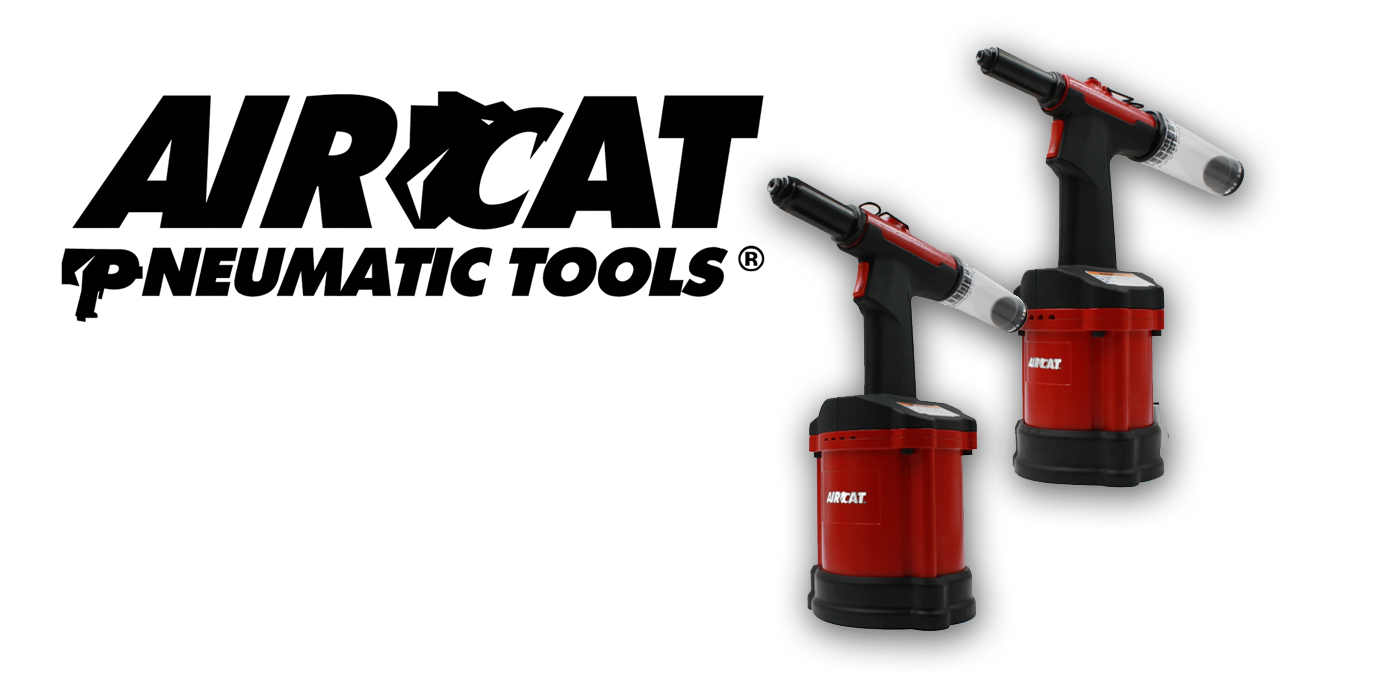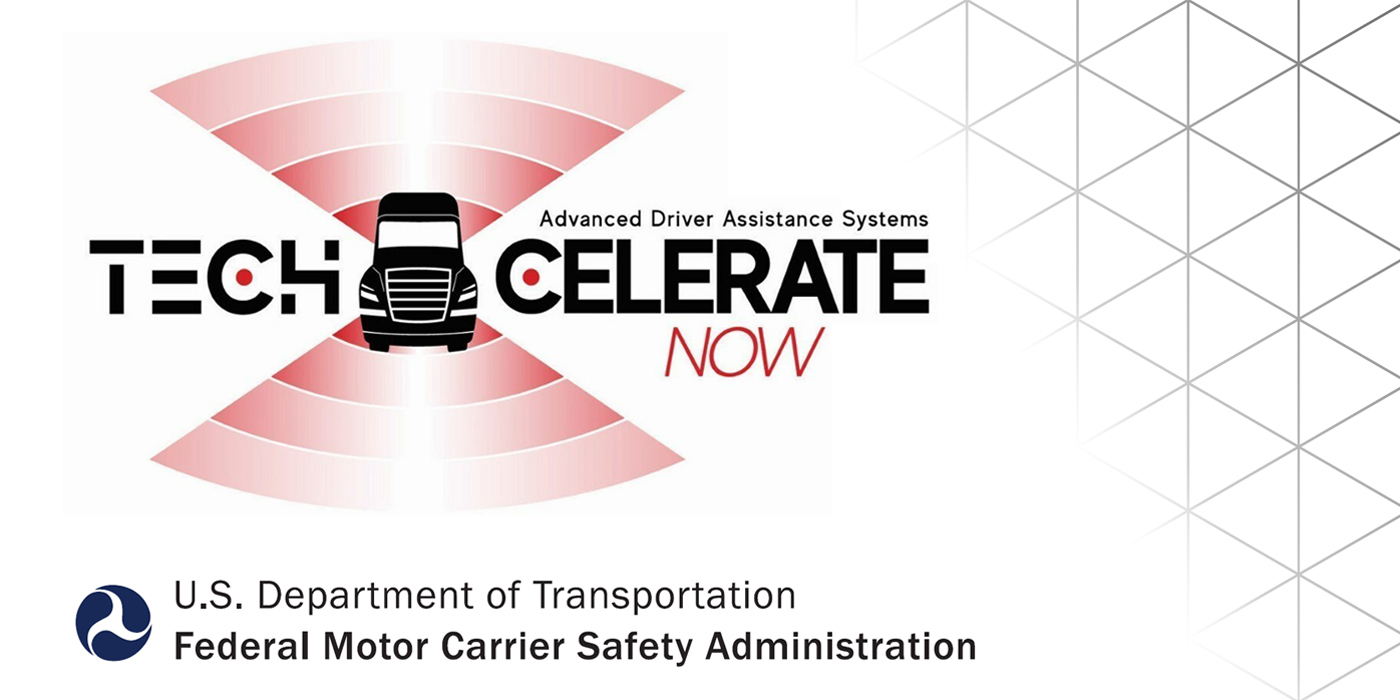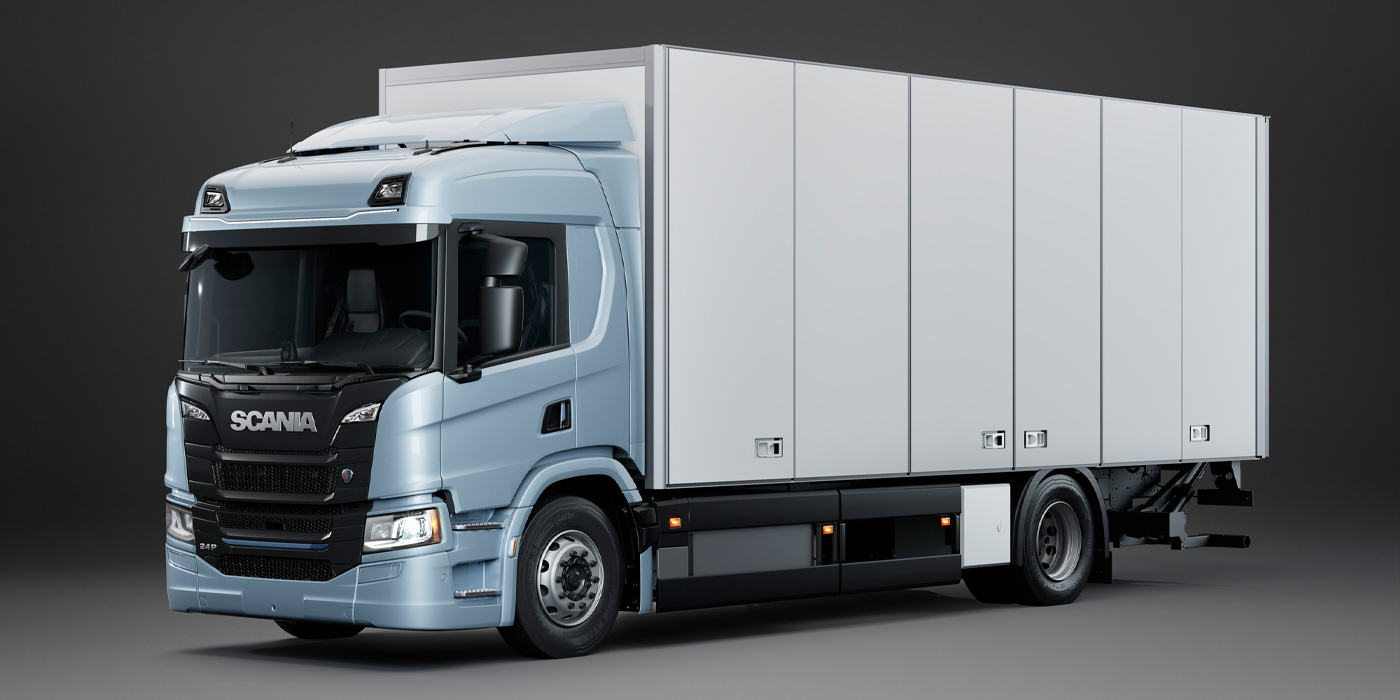I recently returned from the Heavy Duty Manufacturers Association annual Heavy Duty Dialogue meeting and have discovered that what I learned in school was in error. Columbus had it all wrong. The world is in fact flat.
However, what both Columbus and his critics didn’t know at the time was that the “flatness” is found in how business is conducted in the 21st century. Due to the speed of communications and transportation, business can now be conducted around the world just as if customers and business partners were right next-door.
According to the HDMA, Web site (www.hdma.org) its “membership is made up of companies participating in the Classes 4 to 8 medium- and heavy- duty truck OE and aftermarket parts manufacturing industry. These members represent every segment of the heavy-duty market – from components, service and repair equipment and tires to chemicals, lighting and accessories.”
One of the sessions at the dialogue, entitled “Top Ten Trends for the Next Ten Years,” touched on developments within our industry that will have an effect on your job because they are part of the world “flatness” trend.
I don’t think the order is all that important, but here’s a list starting at number 10:
10. Life cycles of equipment will be extended due to better equipment technology
9. Suppliers and truck manufacturers will continue to consolidate globally.
8. There will be a decreasing U.S. dependence on foreign oil – alternate fuels and energy sources.
7. Truck manufactures will continue to vertically integrate products – engine, drive train, etc.
6. Vehicle idling will inevitably be regulated by some governmental agency in the United States and abroad.
5. Suppliers and products will be sourced globally.
4. A greater emphasis will be placed on safety – collision avoidance and rollover protection
3. Driver and technician shortage will continue to be a problem
2. Diesel emissions regulations will continue to place pressure on both suppliers and fleets
1. The “lurking” congestion epidemic will get worse.
Although the No. one item appears not to have a direct effect on the management of truck equipment, it is a sleeping monster when you look at fuel economy, safety and pollution. The obvious negative comes on the operations side with driver productivity becoming less and less due to congestion.
If you think about the ramifications of the “trends” to your job of managing equipment, I believe you will see that it is important to start planning for the future.
Robert Dorn,
Publisher

